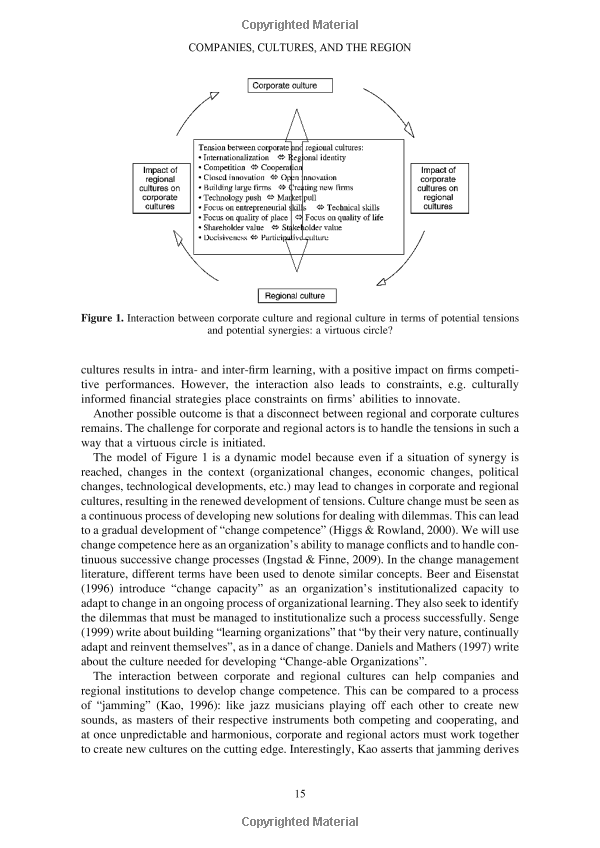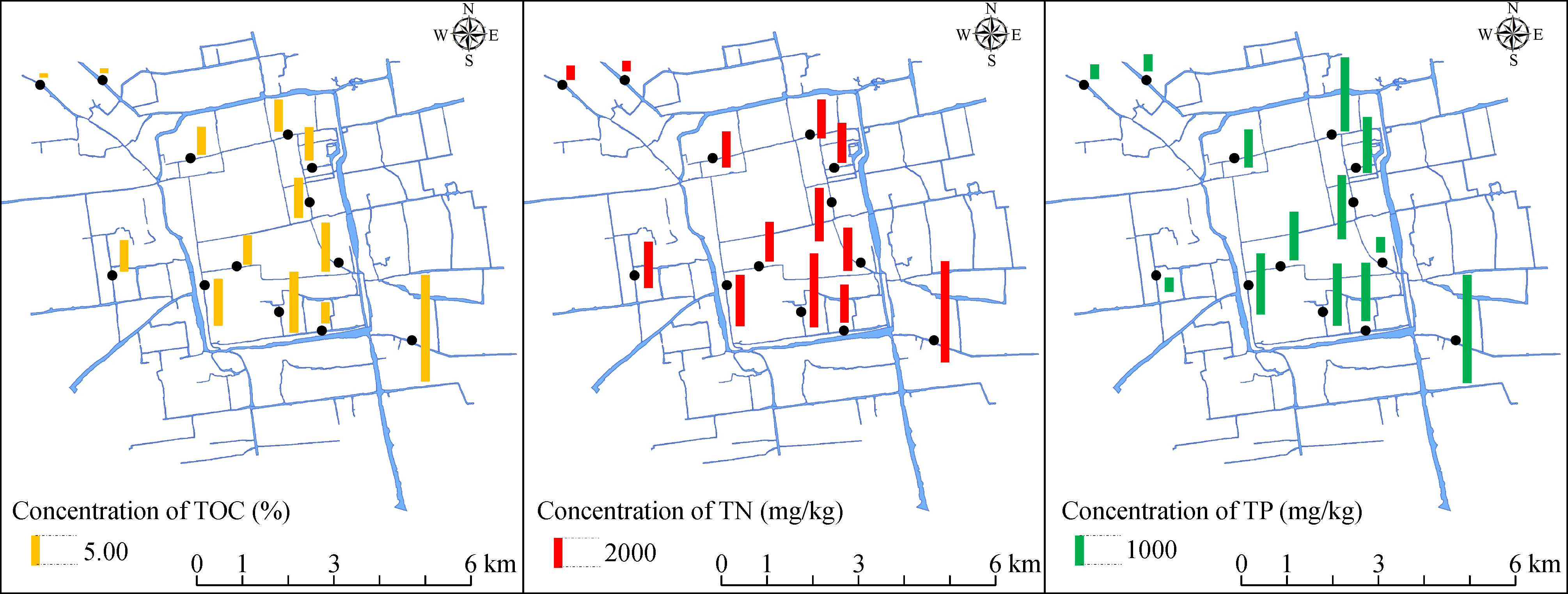Understanding the Complexities of MAP (Minor Attracted Person) Perspectives in Society
#### Introduction to MAP (Minor Attracted Person)The term MAP, which stands for Minor Attracted Person, refers to individuals who experience sexual attracti……
#### Introduction to MAP (Minor Attracted Person)
The term MAP, which stands for Minor Attracted Person, refers to individuals who experience sexual attraction to minors. This term has emerged as part of a broader discussion about sexual orientation and attraction, and it has sparked significant debate and controversy in contemporary society. Understanding the complexities surrounding this term requires a nuanced approach that considers psychological, social, and ethical dimensions.
#### The Historical Context of MAP
Historically, the attraction to minors has been viewed through a lens of criminality and deviance. However, the emergence of the MAP term represents a shift towards a more clinical and less stigmatizing language. Advocates for the MAP community argue that labeling these individuals as "pedophiles" can lead to harmful consequences, including social ostracization and mental health issues. This section will delve into the historical context of how society has perceived minor attraction and the implications of these perceptions.
#### Psychological Perspectives on MAP
.jpg)
From a psychological standpoint, understanding MAP involves exploring the underlying factors that contribute to such attractions. Researchers have studied various aspects, including developmental psychology, neurobiology, and the impact of early life experiences. This section will examine the psychological theories surrounding MAP, including the potential for treatment and the importance of mental health support for individuals who identify as MAP.
#### Societal Reactions to MAP
The societal reaction to MAP individuals is often one of fear and condemnation. Media portrayals frequently sensationalize cases involving MAP, leading to public outcry and a call for stricter laws. This section will analyze how societal reactions can perpetuate stigma and hinder open dialogue about the topic. Additionally, it will explore the role of advocacy groups in promoting understanding and reducing stigma associated with MAP.
#### The Legal Landscape Surrounding MAP

The legal implications of being a MAP are significant and complex. Laws regarding sexual attraction to minors vary widely across different jurisdictions, and the consequences for individuals labeled as MAP can be severe. This section will provide an overview of the legal landscape, including the challenges faced by MAP individuals when navigating the justice system and the implications for civil rights.
#### Ethical Considerations and the Future of MAP Discussions
As society continues to grapple with the concept of MAP, ethical considerations become increasingly important. Discussions surrounding consent, the rights of individuals, and the protection of minors are critical in shaping future discourse. This section will explore the ethical dilemmas associated with MAP and the importance of creating a balanced conversation that prioritizes the safety of minors while also considering the rights of MAP individuals.
#### Conclusion: Towards a More Informed Dialogue

In conclusion, the topic of MAP (Minor Attracted Person) is one that requires careful consideration and informed dialogue. As society evolves, it is essential to approach this issue with empathy, understanding, and a commitment to protecting vulnerable populations while also addressing the complexities of human attraction. By fostering open discussions and promoting education, we can work towards a more nuanced understanding of MAP and its implications for individuals and society as a whole.
This comprehensive exploration of MAP aims to shed light on a topic that is often misunderstood and stigmatized, emphasizing the importance of empathy and informed discourse in addressing such sensitive issues.